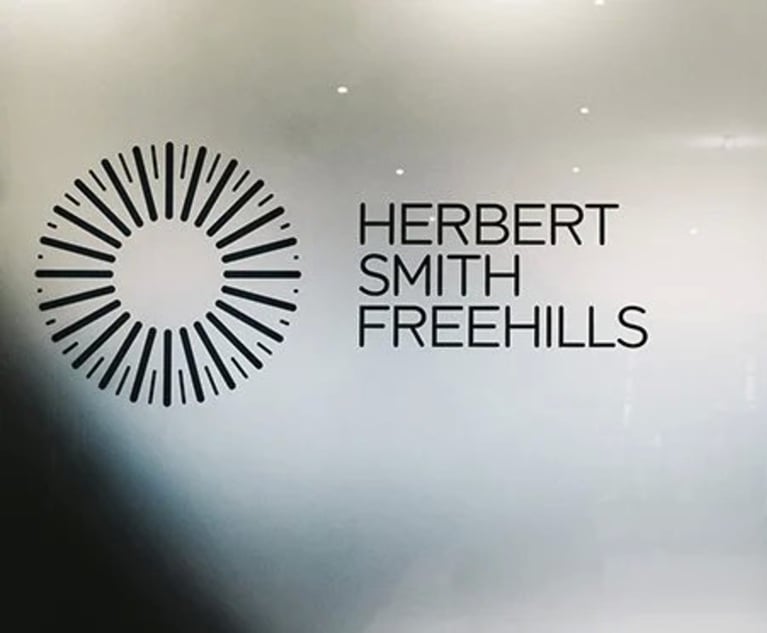Keyworks and banner ads
Internet users may well type in the famous name of a company to find its site, rather than bother with search engines. While they may type this as the famous name plus ‘.com’, gateway sites are available that allow people to type in the company name as a keyword and find relevant information. However, if the directory points to information about an unrelated company, this may amount to trademark infringement.
The common issue encountered here is caused by private search engines selling keywords to businesses, so that when users search for a name, mark the payer’s information, but a banner advertisement pops up, this may be instead of or in addition to information about the brand owner whose name is in the keyword.
This has already become the subject of litigation. Estee Lauder and Playboy have sued operators of such browsers for allowing the use of their marks as keywords to point to third party information/advertising. Estee Lauder won in Germany, but Playboy lost in the US on the grounds that ‘playboy’ is a common word. Action by Estee Lauder is still pending in the US.
In the Dutch case of VNU v Monsterboard, Monsterboard had an arrangement where when people searched on a careers service site for one of the trademarks of VNU, a Monsterboard banner advertisement popped up at the same time as the search results. The Dutch court had no difficulty in finding that Monsterboard had infringed VNU’s trademarks. It is anticipated that a UK court would decide similarly.
Spam
AOL and cars.com have sued spammers, who used their trademarks in a false return e-mail address, for trademark infringement. In the AOL case aol.com was used, which suggested that AOL was associated with pornography-related messages.








